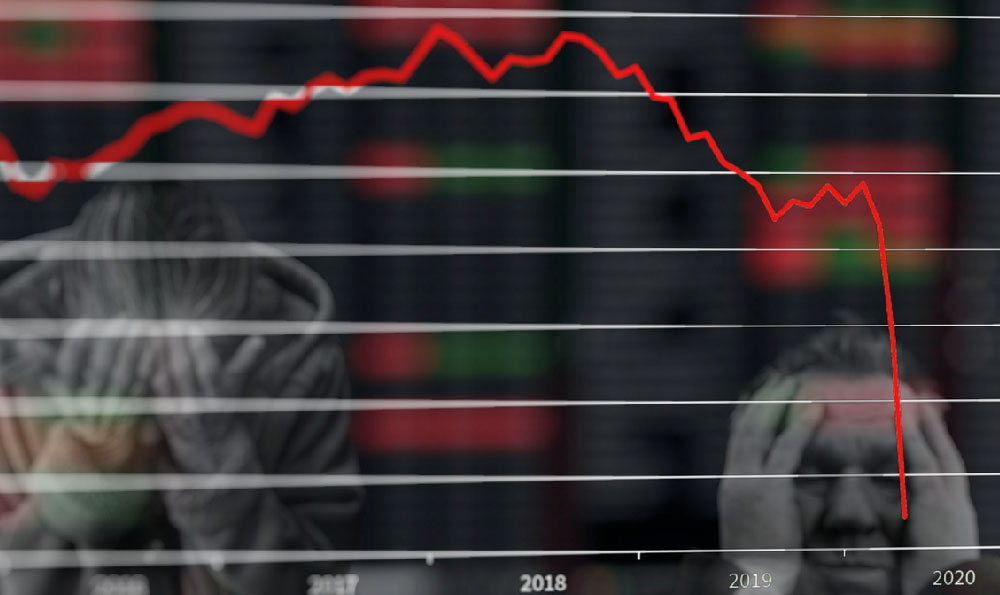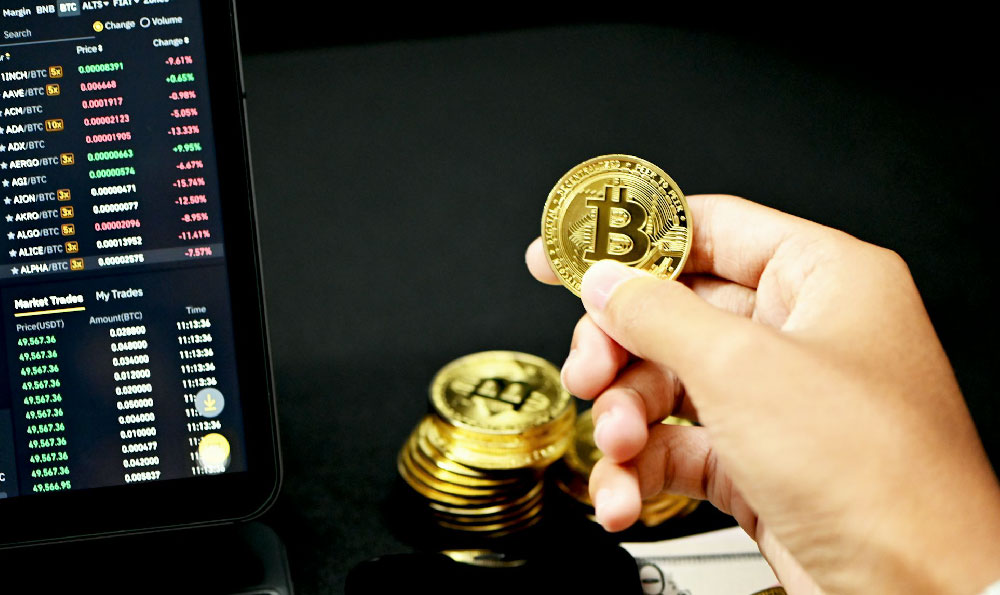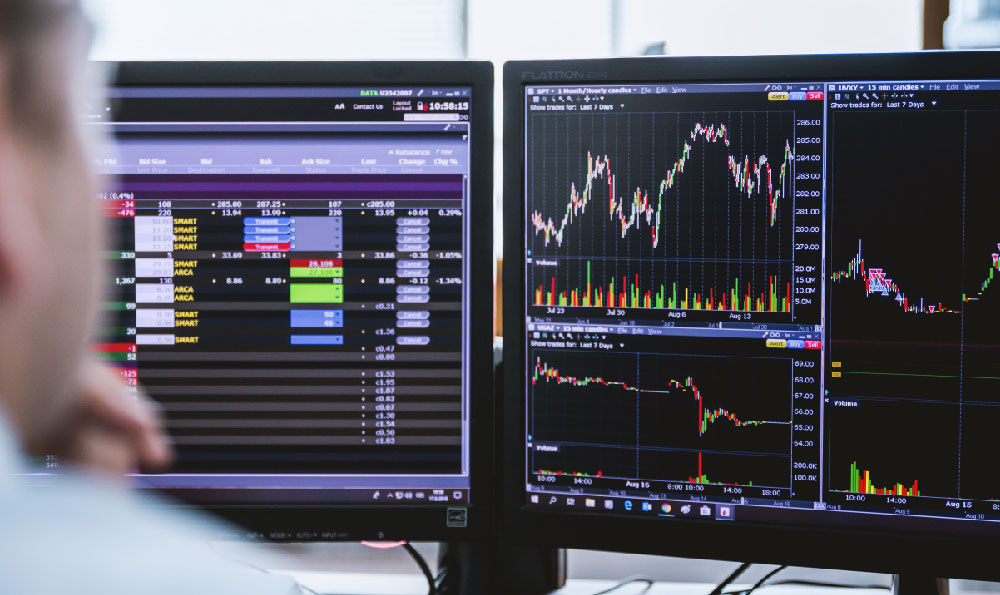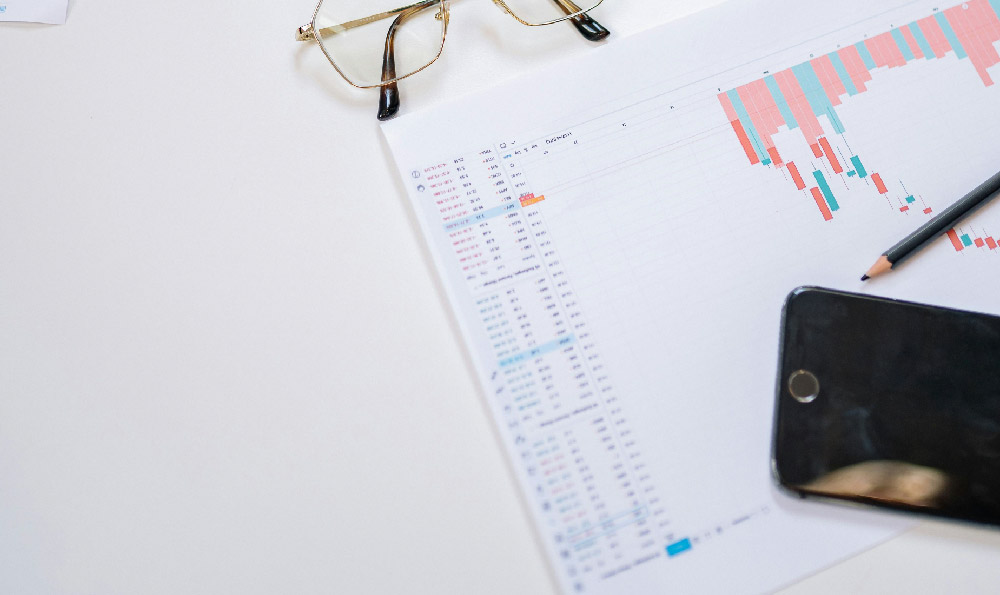Investing in gold holds a significant allure in India, deeply woven into the cultural and economic fabric of the nation. For generations, it has served not only as an adornment but also as a crucial store of value, a hedge against inflation, and a symbol of prosperity. Understanding where to begin and what factors to carefully consider is paramount before venturing into the Indian gold investment landscape.
The Indian fascination with gold stems from a variety of factors. From elaborate wedding jewelry to auspicious gifts during festivals like Diwali and Dhanteras, gold occupies a central role in social customs. Beyond tradition, gold is also perceived as a safe haven asset, particularly during times of economic uncertainty. When the stock market falters or the rupee depreciates, many Indians turn to gold as a reliable safeguard for their savings. This cultural affinity, coupled with its perceived stability, makes gold a ubiquitous investment option across various demographics.
However, diving headfirst into gold investment without a clear strategy is unwise. The first step is to define your investment goals. Are you seeking long-term capital appreciation, a short-term hedge against market volatility, or simply a safe place to park your savings? Your investment timeline will also influence your choices. A longer time horizon might allow you to consider riskier, potentially higher-yielding options, while a shorter timeframe might necessitate a more conservative approach.

Once you have established your investment objectives, you need to explore the different avenues for investing in gold in India. Physical gold is the most traditional method. This can take the form of gold coins, bars, or jewelry. Buying physical gold provides tangible ownership, a comforting feeling for many investors. However, it also comes with its own set of considerations. Storage can be a significant concern. You need to ensure secure storage, either at home (which carries a risk of theft) or through a bank locker (which incurs annual fees). Moreover, making charges and wastage fees associated with jewelry can significantly reduce your potential returns. Authentication is also crucial. Always purchase physical gold from reputable jewelers or banks to ensure purity and avoid being duped by counterfeit products. When you decide to sell, you may face challenges in finding buyers who are willing to pay a fair price, particularly for jewelry with intricate designs.
Fortunately, alternative investment options have emerged that offer greater convenience and liquidity. Gold Exchange Traded Funds (ETFs) are a popular choice. These are units that represent physical gold held in custody by a fund house. Gold ETFs are traded on stock exchanges like regular stocks, providing liquidity and ease of trading. They eliminate the hassle of storage and insurance. Gold ETFs typically track the domestic price of gold and have a low expense ratio. However, they are subject to market fluctuations and brokerage charges.
Another option is Sovereign Gold Bonds (SGBs), issued by the Reserve Bank of India (RBI). These bonds are denominated in grams of gold and offer a fixed interest rate, typically paid semi-annually. SGBs are redeemed in cash based on the prevailing gold price at the time of maturity. They offer several advantages. Firstly, they provide a guaranteed interest income in addition to potential capital appreciation. Secondly, they are free from making charges and storage hassles. Thirdly, capital gains arising from the redemption of SGBs are exempt from tax if held until maturity. However, SGBs have a fixed maturity period and are relatively less liquid compared to Gold ETFs.
Digital gold platforms have gained traction in recent years, offering a convenient and accessible way to invest in gold. These platforms allow you to buy and sell gold digitally, often with small denominations. Digital gold providers typically partner with established gold refiners to ensure the purity of the gold. While digital gold platforms offer ease of use and accessibility, it's important to choose a reputable platform and understand their terms and conditions, including storage fees and charges associated with buying and selling.
After considering the different investment options, evaluating the associated costs is essential. These costs can significantly impact your overall returns. For physical gold, factor in making charges, wastage fees, storage costs, and insurance premiums. For Gold ETFs, consider the expense ratio and brokerage charges. For SGBs, remember that premature redemption may be subject to certain penalties. Digital gold platforms often levy storage fees and charges for buying and selling.
Market timing is another crucial factor. Gold prices are influenced by a variety of factors, including global economic conditions, inflation rates, currency fluctuations, and geopolitical events. While it's impossible to predict the market with certainty, staying informed about these factors can help you make informed investment decisions. Avoid making impulsive decisions based on short-term price fluctuations. Instead, adopt a long-term perspective and invest systematically, perhaps through a regular investment plan (SIP) in Gold ETFs or SGBs.
Diversification is a cornerstone of sound investment strategy. Avoid putting all your eggs in one basket. While gold can play a valuable role in your portfolio, it should not be your sole investment. Allocate a reasonable portion of your portfolio to gold, based on your risk tolerance and investment goals. Complement your gold investments with other asset classes, such as stocks, bonds, and real estate.
Finally, it's always wise to seek professional advice from a qualified financial advisor. A financial advisor can assess your individual circumstances, understand your investment goals, and recommend the most suitable investment strategy for you. They can also help you navigate the complexities of the gold market and make informed decisions that align with your financial objectives. Remember, investing in gold requires careful planning, research, and a disciplined approach. By understanding the different investment options, considering the associated costs, and seeking professional guidance, you can make informed decisions and potentially reap the benefits of gold investment in India.












